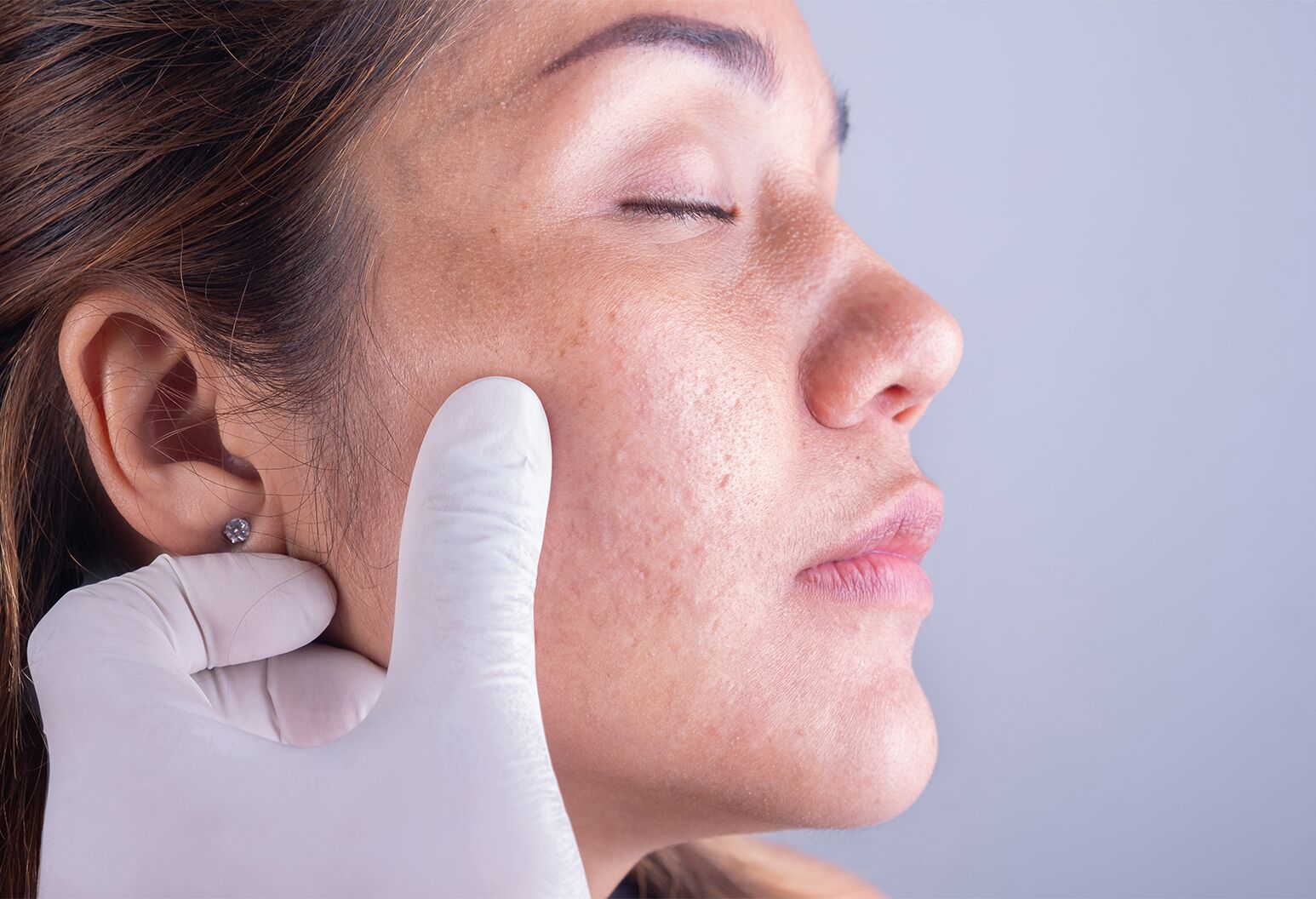Address your hair loss with the help of a specialist in hair loss treatments.
Address your hair loss with the help of a specialist in hair loss treatments.
Blog Article
Navigating Skin Cancer Treatment: The Essential Function of Mohs in Modern Dermatology Practices
Skin cancer cells, a complicated diagnosis, often leaves people grappling with countless therapy choices. As we check out the intricacies of this treatment, one will certainly appreciate its critical function in skin cancer therapy.
Understanding Skin Cancer Cells: Kinds and Dangers
There are three primary kinds of skin cancer cells: Basal cell cancer, Squamous cell carcinoma, and Melanoma. It accounts for only regarding 1% of skin cancer cases yet causes the substantial majority of skin cancer cells deaths. Threat aspects consist of reasonable skin, history of sunburn, too much sun direct exposure, living at high altitudes or shut to the equator, having many moles, a household background of skin cancer, and weakened immune system.
What Is Mohs Surgical treatment and How It's Revolutionizing Skin Cancer Treatment
In spite of the many treatments currently available for skin cancer cells, Mohs surgical procedure stands out as a groundbreaking and extremely efficient option. Named after Frederic E. Mohs, the medical professional that established the treatment, Mohs surgical treatment is a precise medical method utilized to treat skin cancer cells. During the procedure, thin layers of cancer-containing skin are considerably eliminated and checked out till just cancer-free cells stays. This method enables the specialist to verify that all cancer cells have actually been gotten rid of at the time of surgery. This degree of precision, integrated with the ability to spare as much healthy and balanced cells as feasible, is reinventing skin cancer cells treatment. As an outcome, Mohs surgical procedure has actually become a cornerstone of modern-day dermatology practices.
The Advantages of Mohs Surgical Procedure Over Traditional Skin Cancer Cells Treatments
Structure on the cutting-edge nature of Mohs surgery, it's imperative to consider its numerous benefits over typical skin cancer cells treatments. Unlike guidelines, Mohs supplies a greater remedy price, usually getting to 99% for newbie treatments and 94% for recurrent cancers. This accuracy is due to its distinct technique of click this link gradually removing and taking a look at cells layers till only cancer-free cells remain (dermatologist). Additionally, it minimizes damage to healthy and balanced skin, leading to less scarring and enhanced cosmetic end results. Mohs also supplies prompt results, removing the anxiety-ridden delay common with other approaches. Last but not least, it's affordable, as the surgical treatment and tiny exam happen concurrently, removing the demand for added research laboratory services. Therefore, Mohs represents a significant innovation in skin-related techniques.
The Procedure of Mohs Surgical Treatment: What to Anticipate During the Process

Possible Side Effects and Post-Operative Treatment of Mohs Surgical Treatment
Undertaking Mohs surgical procedure, like any kind of various other surgery, involves prospective negative effects that clients should understand. Common side effects include pain, wounding, and swelling at the surgical procedure website. However, these are normally short-lived and manageable with over the counter discomfort medicine and ice bag. In uncommon instances, patients might experience infection, bleeding, or an allergy to the anesthetic. Post-operative treatment is important to healing use this link and decreasing negative effects. This usually includes keeping the injury clean and dry, taking proposed drugs, and staying clear of laborious activities. Clients need to additionally participate in all follow-up consultations for injury care and monitoring. In some instances, added treatments may be essential to guarantee full removal of the malignant cells. Following these post-operative treatment guidelines can substantially improve recuperation and outcomes.
Final thought

Report this page